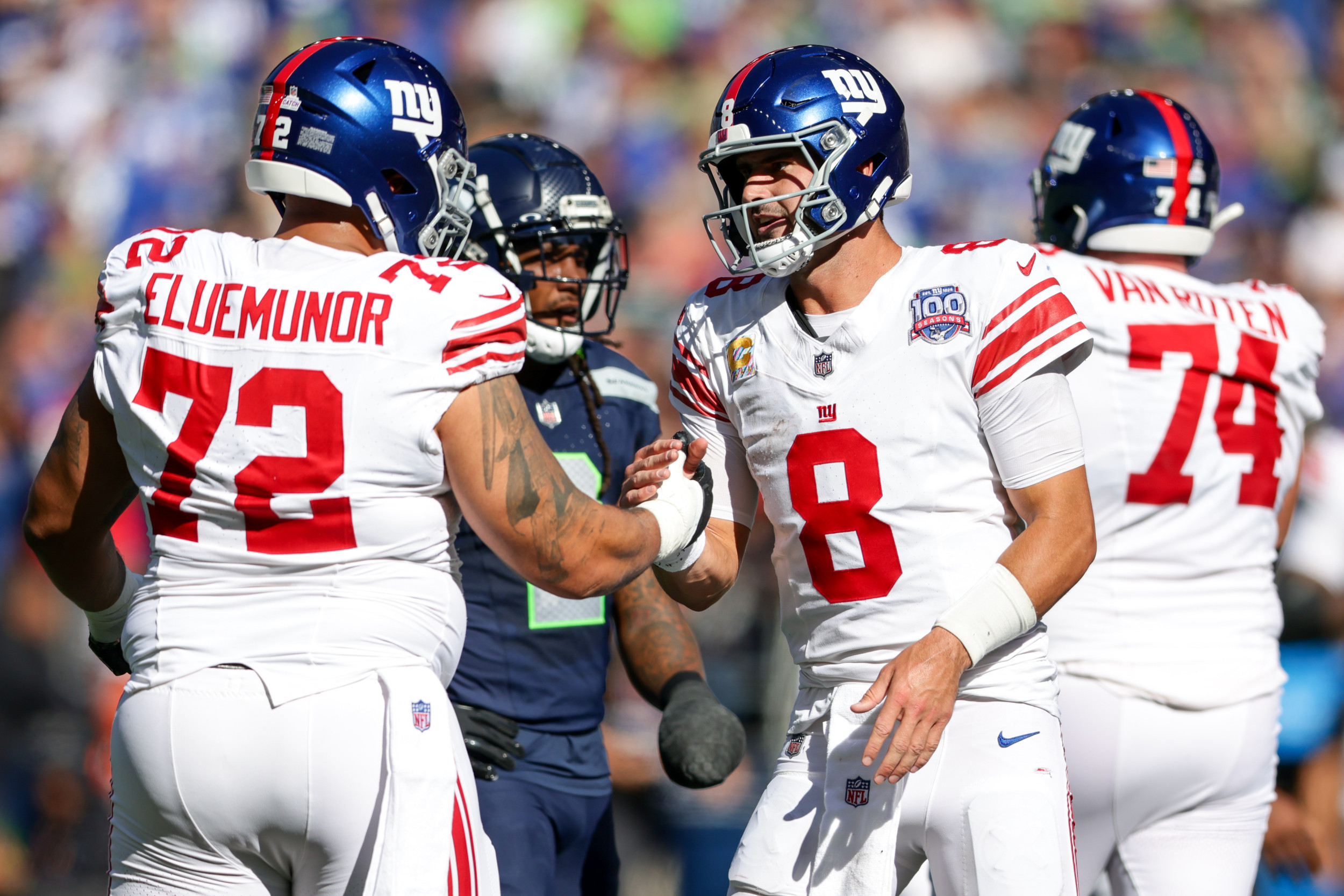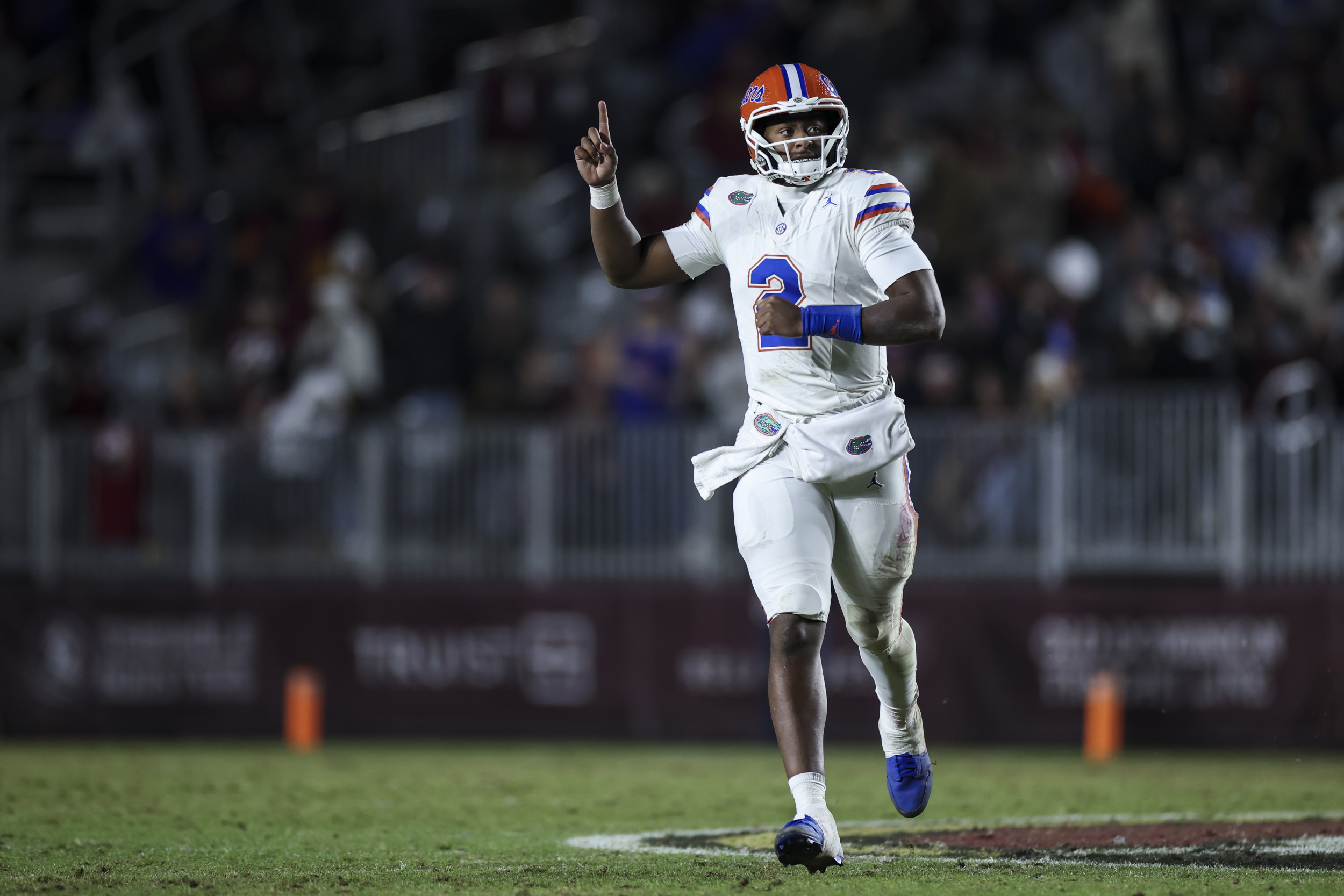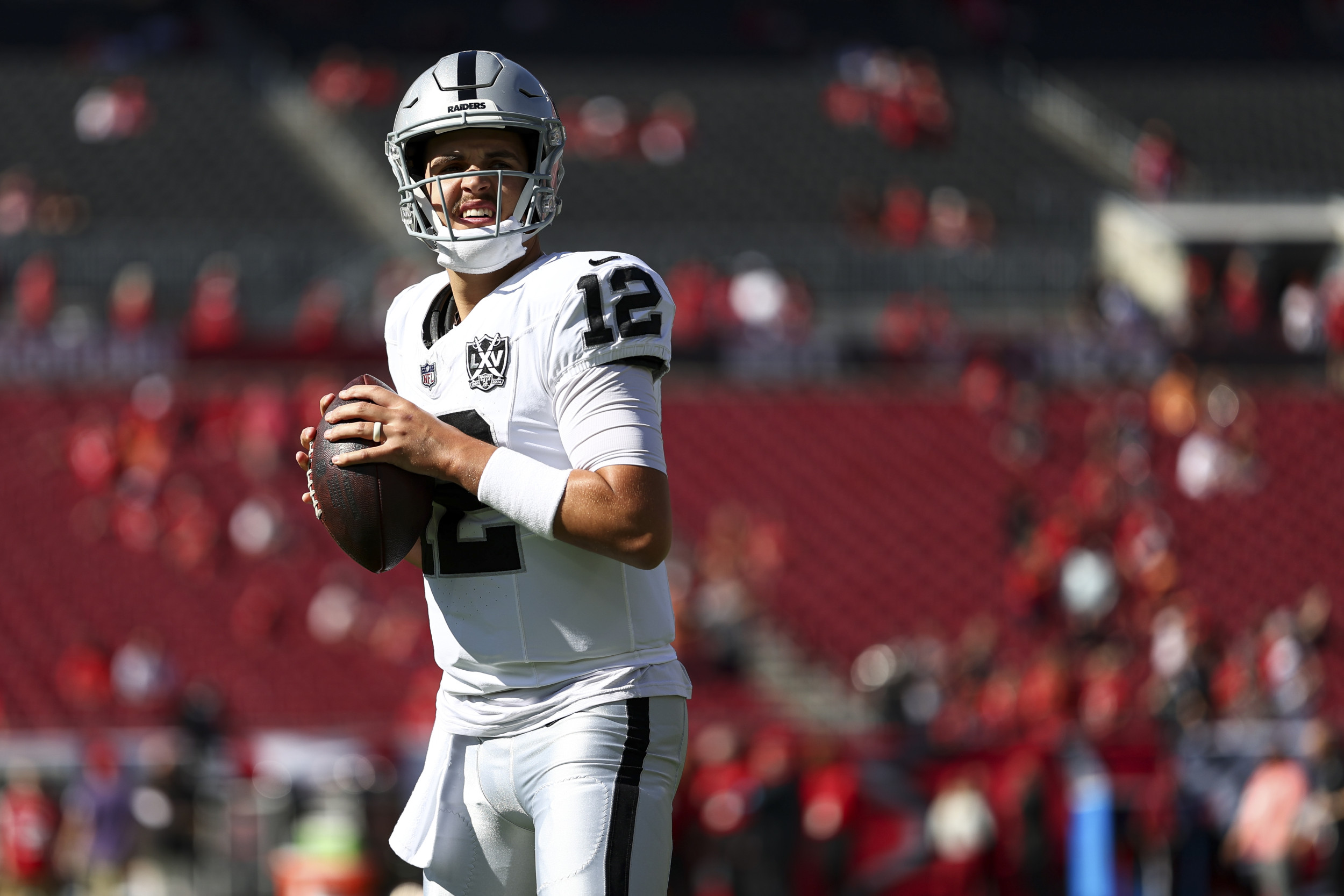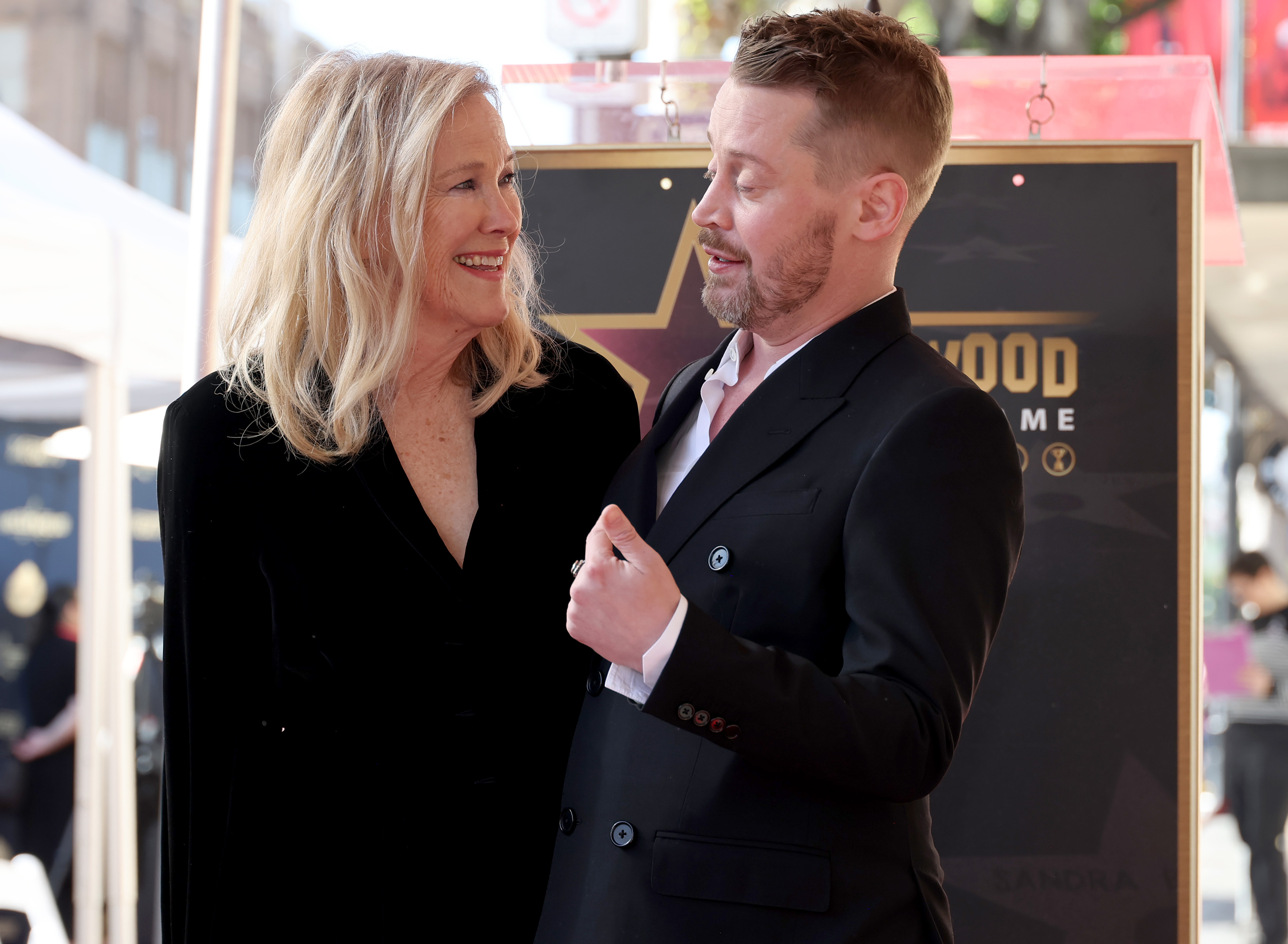What's New
One of the seven candidates for president of the International Olympic Committee (IOC) is considering a "complete ban on transgender women competing in women's events at the Olympics," if he is elected in March, according to Sky News.
Lord Sebastian Coe, a former conservative member of the U.K. Parliament and Olympic athlete, published his manifesto outlining his plan to "safeguard the female category" by introducing "science-based policies."
Newsweek reached out to Coe via World Athletics' website and attempted to contact him via email. Newsweek also reached out to the IOC for comment via email.

Why It Matters
Coe's plan to "safeguard the female category" by potentially banning transgender athletes from competing in women's elite Olympics events could radically change the way transgender athletes are subsequently treated in sports all over the world.
At issue is whether the fairness and safety of women's events are being put at risk by trans women and whether a ban would deepen the discrimination faced by trans people.
What To Know
Lord Coe told Sky News he would form "a very clear policy" in conjunction with "athletes, sport scientists, the national Olympic committees, and the international federations."
The former middle distance running star, who has won four Olympic medals, has been head of World Athletics since 2015, and the organization last year restricted the participation of male-to-female transgender athletes.
Asked by Sky if his new Olympics policies would replicate those of World Athletics, Coe replied: "Probably, and it's a policy that many international federations have now taken, including swimming." And asked by the U.K news channel to clarify if that means no transgender women in any women's categories, he replied: "We've been very clear in World Athletics that transgender athletes will not be competing in the female category at elite level."
One of three IOC presidential candidates to discuss banning transgender athletes' participation in women's sports at the Olympics, Coe wrote in his manifesto that he would "advocate for clear, science-based policies that safeguard the female category."
"We will work closely with world-leading medical and educational institutions to increase research into female health, performance and exercise physiology. Women's sport is at a critical juncture. We must navigate this with sensitivity and resolve to ensure current and future generations of women choose sport," he says in his manifesto.
Coe retired as an Olympic runner in 1990, after winning two gold medals for the 1500 m and two silver medals in the 800 m in the 1980 Games of the XXII Olympiad in Moscow and 1984 Games of the XXIII Olympiad in Los Angeles.
The conversation surrounding transgender athletes' participation in women's Olympics events came to a head at the Paris Games this summer over the gender identity of Imane Khelif, an Algerian boxer who competed and won a gold medal.
The debate began after she and another female fighter, banned by the International Boxing Federation, were allowed to compete at the Olympics.
What People Are Saying
Sharron Davies, a British former Olympic swimmer, wrote on X, formerly Twitter: "Real integrity & sport based on actual science not feelings as well as centering the athletes not ioc members must be the future of the Olympics, it can't continue as it is."
Regarding the World Athletics ban, Davies previously told The Telegraph: "I'm so pleased Seb [Coe], World Athletics president] has protected female athletes around the world at long last. It shouldn't have taken this long. I've been on this course for five years and it's been a hard road. Sport is about safety and fairness, then inclusion – in that order."
Chris Mosier, a team USA trans athlete, recently said of bans in women's' sports: "A lot of these sports organizations are trying to get trans people to not participate in sports, and particularly in women's sports … this is not about sports, this is about overarching transphobia misogyny, sexism that exists in the world and targeting the trans community in different ways and so sports is just one of the ways, but obviously a very successful way."
Regarding the World Athletics ban, Joanna Harper, a Ph.D. student at Loughborough University who studies transgender athletes' performances, told news outlet Science: "I was disappointed with the decision. The idea that it was necessary to ban trans women to protect the female category seems so far-fetched."
Newsweek reached out to Chris Mosier and Sharron Davies for further comment via forms on their websites, and Harper via email.
What Happens Next
If Coe is elected president of the IOC, the next Olympic Games in Los Angeles in 2028 could see some major changes to who is allowed to compete in events.




















 English (US) ·
English (US) ·